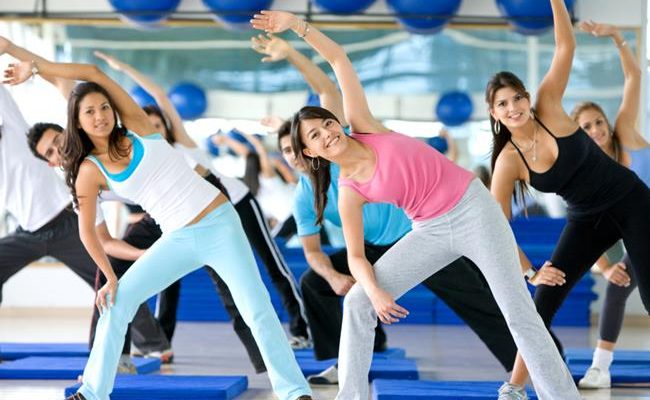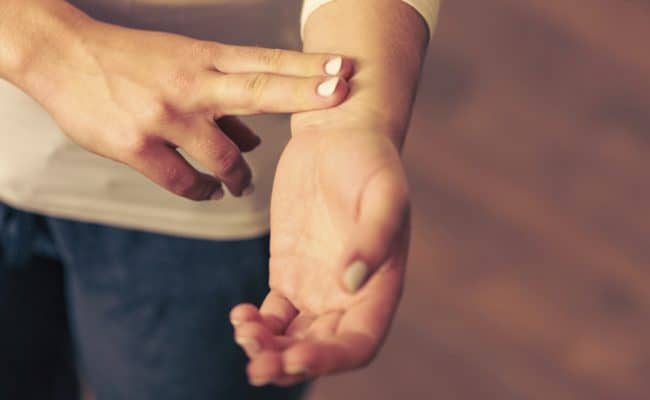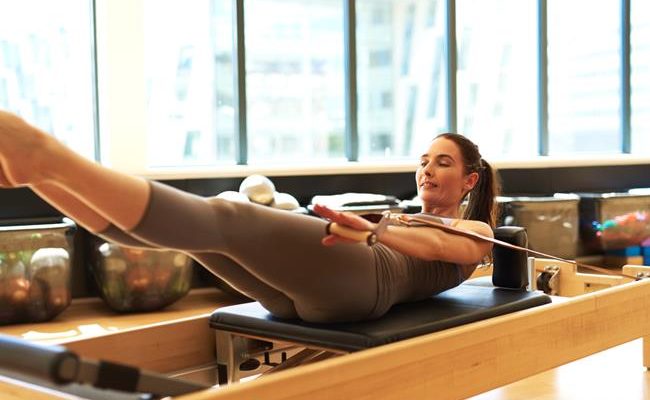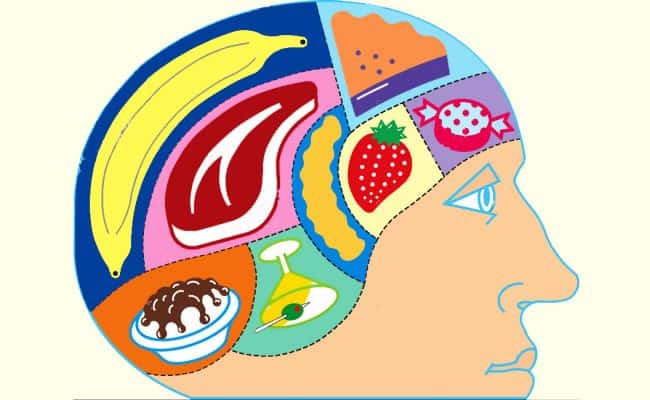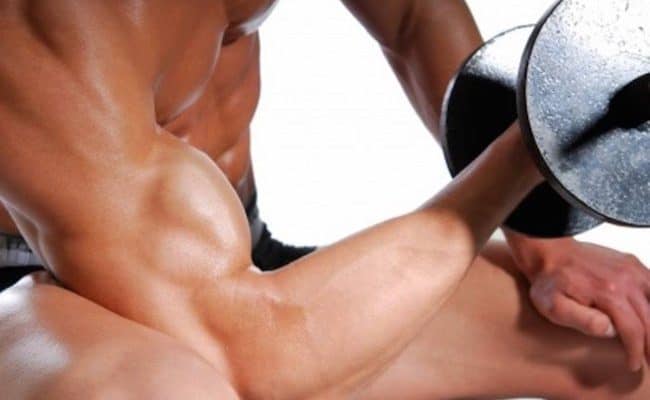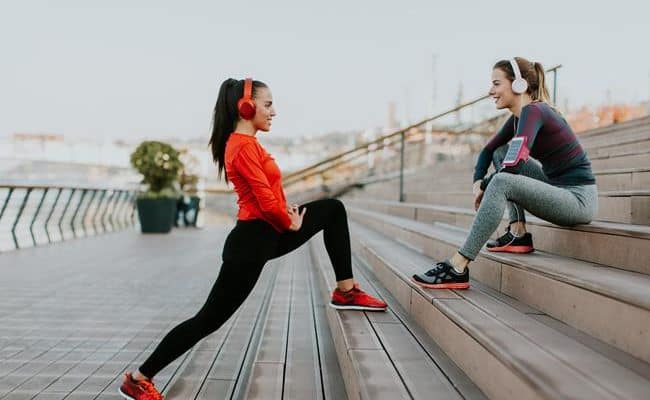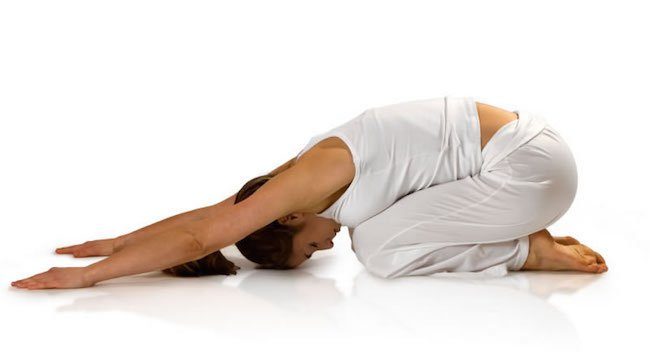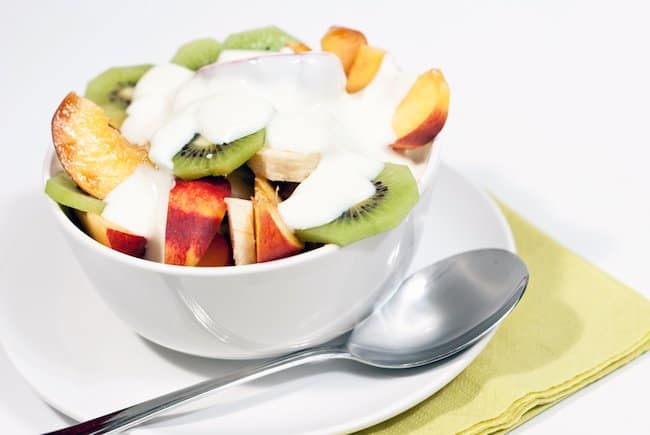
For the majority of people, fitting a work out into our daily lives can be difficult, and we usually don’t manage it as much as we would like, or need to. For this reason, it is important that when we do find the time, we are getting the maximum benefits possible from our workout. There is some controversy surrounding when and what to eat before a work out to get the best possible results but it is important to bear in mind that everybody is different and whilst some may prefer to sweat it out on an empty stomach, others need to eat before their workout. The type of exercise, length of workout and the time of day will also influence what you need to eat, so the best thing to do is to try a few different things and find the best fit for you.
To eat or not to eat
Whether you eat before a workout and how long before is very much a personal choice. When we eat a large meal before working out, blood is diverted to the stomach for digestion, which can make a workout harder and often leaves you feeling ill or lethargic during your workout. For this reason, if you eat before, it is best to have a small, easily digestible snack or meal and to leave some time to allow for digestion. This could be up to four hours, but again differs from person to person, meaning that if you exercise in the morning you may need to get up significantly earlier if you want to eat before hand and allow time for digestion.
Some people prefer to work out on an empty stomach, which may be more suited to a morning workout when there is simply not enough time to eat, allow for digestion and then do a workout. It is a common belief that working out after an overnight fast may increase the amount of fat burnt during the workout however recent evidence suggests that this may not be the case. In addition to this, exercise on an empty stomach may leave you feeling flat and unable to train at your greatest potential.
Advantages of eating before working out
For athletes, or those undertaking a demanding training regime, it can be essential to have at least a small snack before working out. If you do not eat before a long or particularly intensive workout session, it can leave you light headed and lacking in energy, particularly in the morning when you have not eaten since the night before. However, this is not only applicable for athletes. In order to get the most out of a workout and burn the maximum calories possible, it is important to have enough energy to do so. A small carbohydrate based snack that is easily digestible can give you the energy required to really push yourself in a workout and therefore burn more calories.
The importance of eating before a work out is supported in a recent report published in the Journal of Strength and Conditioning, which evaluated recent studies and summarised results. The research in this area showed no difference in fat loss in those eating before doing a cardio workout and those who fasted before. It also suggested that over a 24 hour period, more fat may be burned when food is eaten before a workout as there is a greater thermogenic response to the cardio workout than if exercise is done in the fasted state, meaning more calories continue to be burnt after the workout.
It was also suggested that working out without eating beforehand may contribute to an increase in loss of muscle mass, something that is generally undesirable. This is due to increased loss of nitrogen when no food is eaten before the workout. Muscle burns more calories than fat at a resting rate, so generally more muscle contributes to burning more calories and reducing fat. Finally the report suggested that training intensity was reduced when done after fasting, meaning that less calories are burnt.
A separate study published in 2002 also suggested that those who ate 45 grams of carbohydrates before working out ended up eating less over the remainder of the day, which may provide an additional benefit for weight loss. See also 10 foods for building muscle
What to eat before a workout
As current research suggests that for the greatest benefits we should be eating before working out, it is important to know what types of foods are best to get the most out of your workout. An ideal meal or snack for before a training session is one that is low in fat, contains moderate levels of carbohydrate and protein, low fibre, contains fluids if possible (or is accompanied by a drink) and is well tolerated. For this last reason, the ideal foods often vary between individuals. Similarly the amount of food will vary from person to person depending on appetite, size, and weight.
Foods that are high in fat are often slow to be digested and thus can cause discomfort during the workout. High fibre foods can also cause this problem, but may be a viable option if you leave enough time before eating and working out. Carbohydrates should be included to give fuel for the work out and protein to help maintain and build muscle mass.
Low or High GI
Depending on what works best for you, it may be beneficial to choose a smaller, high GI (glycemic index),snack about thirty minutes before a workout, or alternatively, a slightly larger balanced meal one to two hours before. High GI foods provide a quick burst of energy that will be readily available during the workout, as long as it is not eaten too far in advance. If you have more time before your workout, low GI carbohydrates may be a better option, as these release energy more slowly and give longer lasting energy.
Good pre- workout snacks include:
- A piece of fruit
- A bagel with jam
- Fruit juice
- Fruit smoothie
- Protein or muesli bar.
- Oatmeal with low fat milk
- Low fat Greek yogurt with fruit
- Toast with low fat cheese or an egg
- Nut and dried fruit mix
- Hummus with pita bread and veggies
- Cottage cheese with fruit and whole-wheat crackers
- Milk or chocolate milk
- High fibre cereals with milk
- A wholegrain sandwich with chicken or tuna and salad.
Good options for larger pre-workout meals
Find What’s Best for you
Everyone is different when it comes to working out and eating, so do what you feel gives you the most effective workout. Be it morning or evening, with or without eating first, the important thing is you do the workout and feel your best whilst doing it. Try different foods, times and amounts to find what works best for you.
Now that it’s clear what to eat before your workout, continue reading what to eat after your workout.
References used in this article
